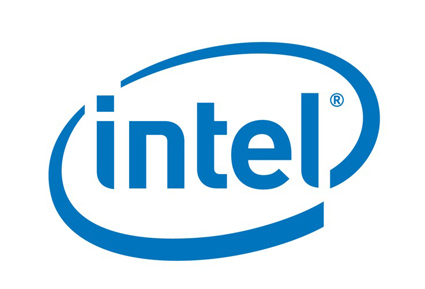Antitrust
Intel Appeals Antitrust Ruling

Intel, the world’s largest chip maker, filed an appeal Wednesday challenging the European Commission’s record €1.06 billion fine and ruling in May that it had abused its dominance in computer processors by offering rebates to computer makers who used more of its chips.
“We believe that our policies and practices have always been legal and aboveboard,” said Robert Manetta, an Intel spokesman in London. “That is why we are taking our case to court.”
Intel filed the appeal in the European Court of First Instance in Luxembourg, the top European appeals court, which takes about two years to render an opinion.
Jonathan Todd, a spokesman for the commission, said the appeal had been expected. “The commission is confident that its decision is legally sound,” he said.
Intel, which is based in Santa Clara, California, has appealed similar cases in the United States and South Korea.
In 2007, the court rejected an appeal by Microsoft of a commission finding that the software maker had abused its dominance in operating systems to support its media player and servers.
The appeal will not delay Intel’s payment of the $1.45 billion fine, the largest ever assessed in Europe in a market-dominance case.
Mr. Manetta said the company planned to pay the fine in the current financial quarter. Setting aside $1.45 billion for the fine led Intel to report a $398 million loss in the second quarter, its first quarterly loss since 1988.
In its appeal, Mr. Manetta said, Intel was not asking the court to suspend the commission’s demands to change its rebate practices pending the outcome of the appeal. Intel would not release a transcript of its filing, Mr. Manetta said; the court plans only to release a summary of the filing in a few weeks.
Mr. Manetta said Intel was working to meet the commission’s demands but would not say how it was adapting its business practices to do so.
The commission completed an eight-year investigation of Intel’s business practices in May by finding that the company had offered illegal rebates to computer makers that used fewer or no chips from its main competitor, Advanced Micro Devices. A.M.D. brought the initial complaint against Intel in Europe in 2001.
By 2007, Intel had a 70 percent share of the computer chip market in Europe, according to Neelie Kroes, the European competition commissioner, who upon releasing the commission’s decision and fine said Intel’s actions had “harmed millions of European consumers.”
Intel had argued that the average price of computer chips had fallen by more than half during the period under investigation, undercutting the commission's argument that consumers had been harmed.
“We have always felt the commission misinterpreted or ignored evidence that we presented to them,” Mr. Manetta said.
(Published by New York Times - July 22, 2009)